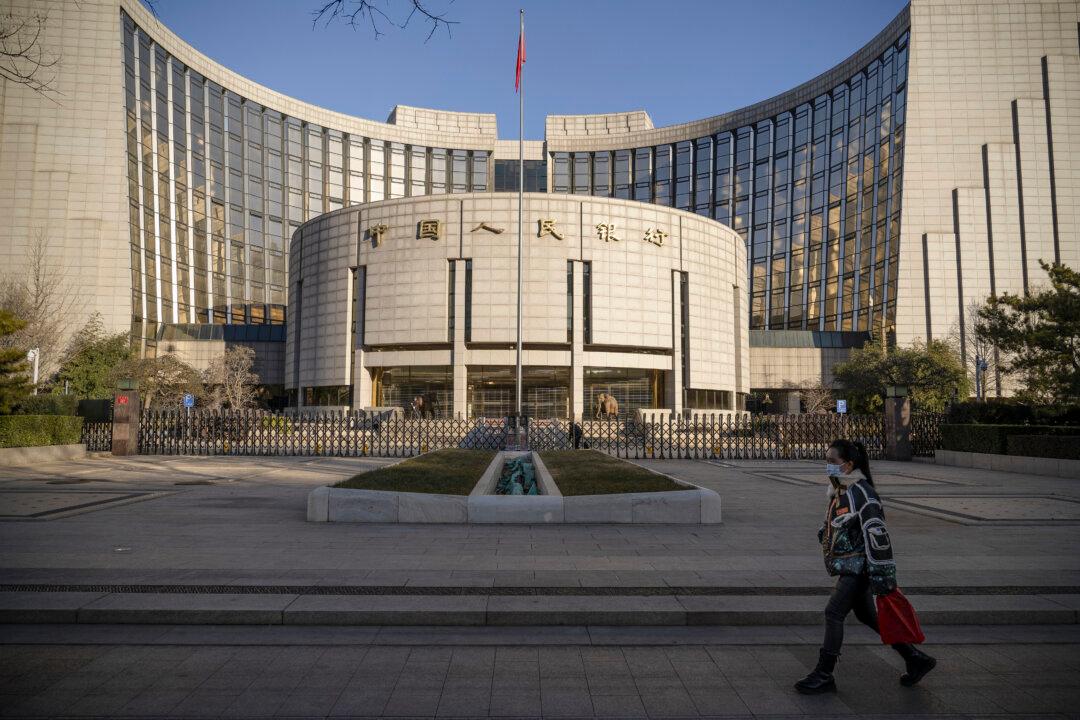News Analysis
The 20th Central Committee of the Chinese Communist Party will convene its third plenary session next week in Beijing, aiming to initiate a new round of economic reforms.

The 20th Central Committee of the Chinese Communist Party will convene its third plenary session next week in Beijing, aiming to initiate a new round of economic reforms.